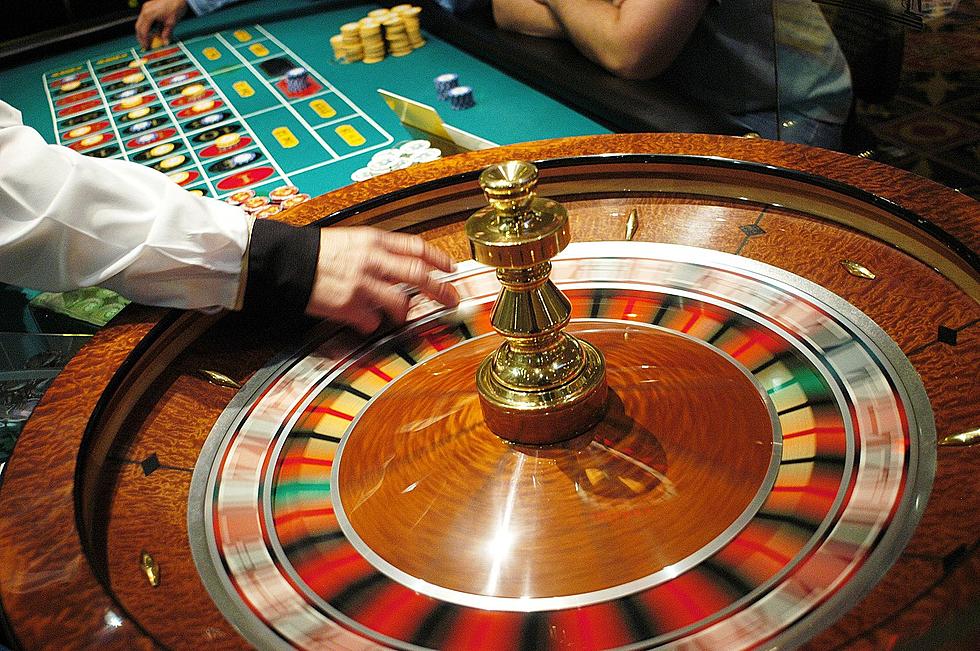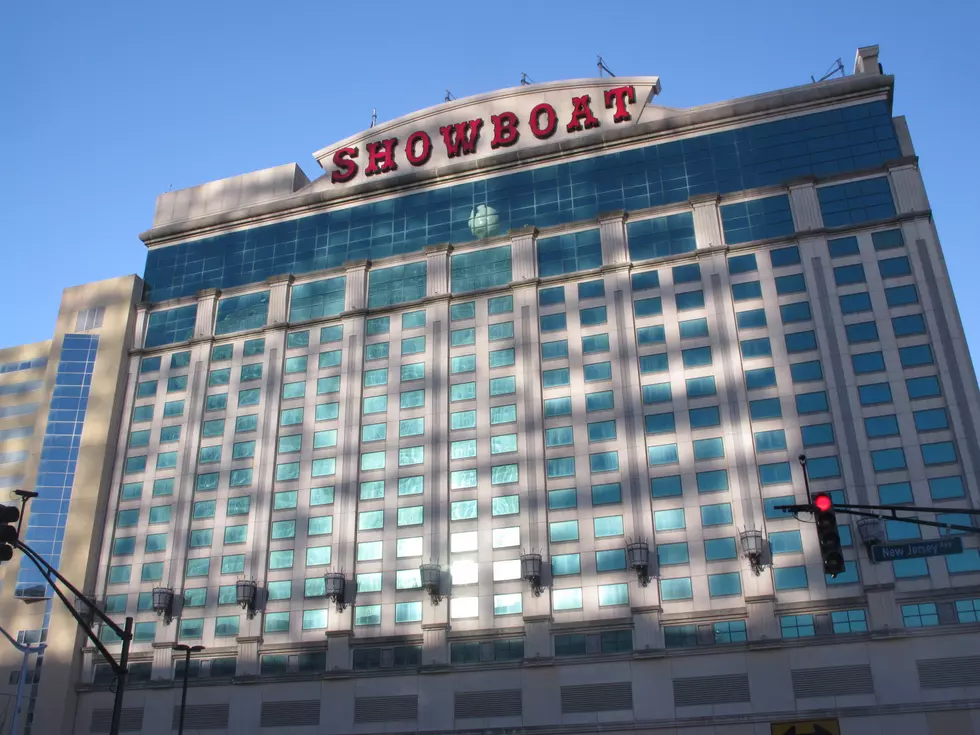
Atlantic City Could Owe Borgata $48M Tax Refund
Atlantic City's top casino could be in line for a $48 million tax refund after beating the city in a tax court dispute over the gambling hall's true value.
Ruling Monday in favor of the Borgata Hotel Casino and Spa, a tax court judge found that the city had overvalued the casino by 2½ times its real worth in 2009 and 2010.
The Press of Atlantic City reported the casino could be due at least $48 million, not counting interest.
"If the decision stands, its impact could effectively exempt several other casino properties from local property taxation," City Solicitor Braun Littlefield said. "We maintain that this is an inequitable and grossly unfair position in which to place the taxpayers of this city."
The city plans to appeal the ruling.
The Borgata has been paying $58 million a year in property taxes, a significant part of Atlantic City's $249 million budget. Augie Cipollini, the casino's senior vice president of operations, hailed the ruling, which cited the declining casino market in Atlantic City.
The city had valued the casino's total property value at $2.3 billion for each of the two years. But during the trial, the tax valuation expert the judge found most accurate was an appraiser with 35 years' experience who was presented by the Borgata. She placed the property value at $880 million for 2009 and $870 million for 2010.
The decision could further rock city taxpayers, who already endured a big municipal tax increase this year. The owner of an average home, assessed at $229,000, saw a tax-rate increase of $584 on his or her bill, from $2,588 last year to $3,172 this year. That amount does not include school, county and other taxes.
Judge Patrick DeAlmeida cited the declining Atlantic City casino market as a factor in his decision. Since 2006, the city's casino revenue has fallen from $5.2 billion to a little more than $3 billion last year as new casinos sprung up in neighboring states.
"The evidence admitted at trial establishes that, beginning in 2007, and continuing to 2009, powerful forces were combining to undermine the Atlantic City casino-hotel market in ways that threatened lasting adverse economic consequences," DeAlmeida wrote.
"By late 2009, a virtual wall of casinos ... arose along the Pennsylvania-New Jersey border from Bethlehem to South Philadelphia and continued into northern Delaware," he added. "These casinos, which offered slot machines, restaurants and other amenities attractive to the Borgata's targeted customer base, skimmed clients from Atlantic City casino-hotels at a growing rate."
(Copyright 2013 The Associated Press. All Rights Reserved)
More From New Jersey 101.5 FM









